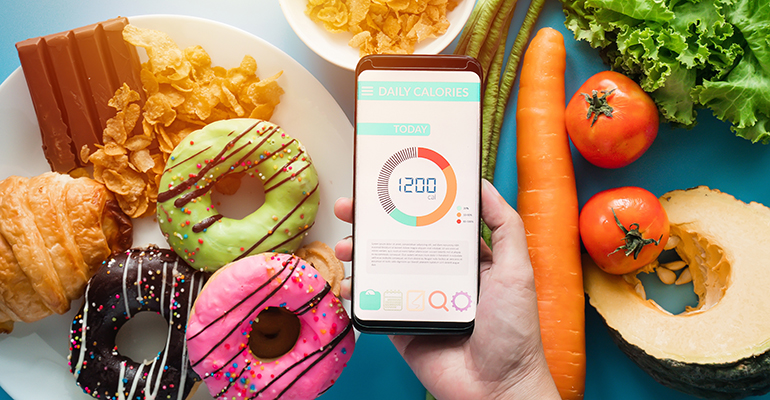The personalised nutrition sector always has relied on specificity, with an eye on those who stand to gain the most from individualised dietary plans. These include people with health conditions like diabetes or high cholesterol, as well as athletes looking to improve performance, or those hoping to lose weight or slow cognitive decline. Apps, sensors and tests collect information on food intake, activity and sleep and combine it with data on blood pressure, cholesterol and blood glucose, for instance – although theoretically any metric could be a target.
However, bringing together this monitoring technology with the right ingredients within mainstream food production so far has proven difficult.
Nesli Sözer, Research Professor at VTT Technical Research Centre of Finland is working on this problem, and says the prevalence of fitness trackers and health apps will facilitate the sector’s development. Speaking at Fi Connect 2020, she said by 2025, it is estimated that there will be about ten connected devices per person, whether sensors, software, or other technologies that connect and exchange data over the internet.
Focus on vending
Sözer sees particular promise in the vending machine market, which has been growing at a CAGR of 14.9% in the European Union alone. According to Frost & Sullivan, the ‘smart’ vending market – which connects devices and software with vending machines – has even stronger growth, of about 18% per year.
“We have to rethink the traditional vending business,”
she said, highlighting increasing demand for healthy snack products, as more people skip meals and replace them with snacks.
“It is hard to find healthy snacking options, especially on the go, despite the huge growing market need.”
Her team at VTT has designed personalised food manufacturing vending machines called “Food My Way”, which provide food, drink and spoonable products tailored to an individual’s flavour preferences and health requirements.
“It is essential that we use artificial intelligence, not only to optimise food production from the farm to fork, but also to enable the development of next generation, hyper-personalised food production,” she said.
“…We are looking from the perspective of what is good for you? And what are the tailored solutions for you?”

Mainstream attention
Increasingly, personalised nutrition is an area that has captured the attention of major food companies, including the likes of Nestlé Health Sciences and the Campbell Soup Company, both of which have made investments in the sector over the past few years. Big ingredient companies are showing an interest too. DSM was among the first, when it partnered with the University Medical Center Groningen in early 2015, looking at nutrient status and the effects of supplementation in specific groups. In April 2019, it joined digital health provider Panaceutics to help scale up personalised products. Meanwhile, ADM has partnered with the Mayo Clinic, focusing on the role of personalised nutrition in gut health.
Gains for business and health
Sözer sees it as a win-win for the both the public and the private sector.
“Personalised eating solutions will not only contribute to improving public health by increasing healthy on-the-go eating and snacking options but will support opening up new business lines for the food, machinery, healthcare and software industries,” she said.
“We need wearables or environmental sensors that will enable an autonomous collection of data, and then we need smart apps that will either guide the consumer or provide recommendations,” she added.
“We have to have next generation smart food machines that enable production of fresh, healthy and personalised foods on the go.”


